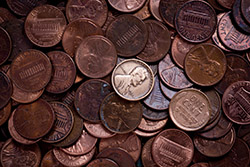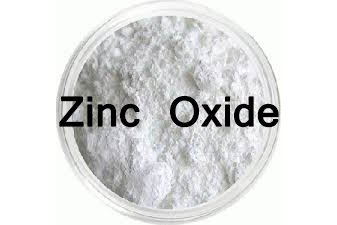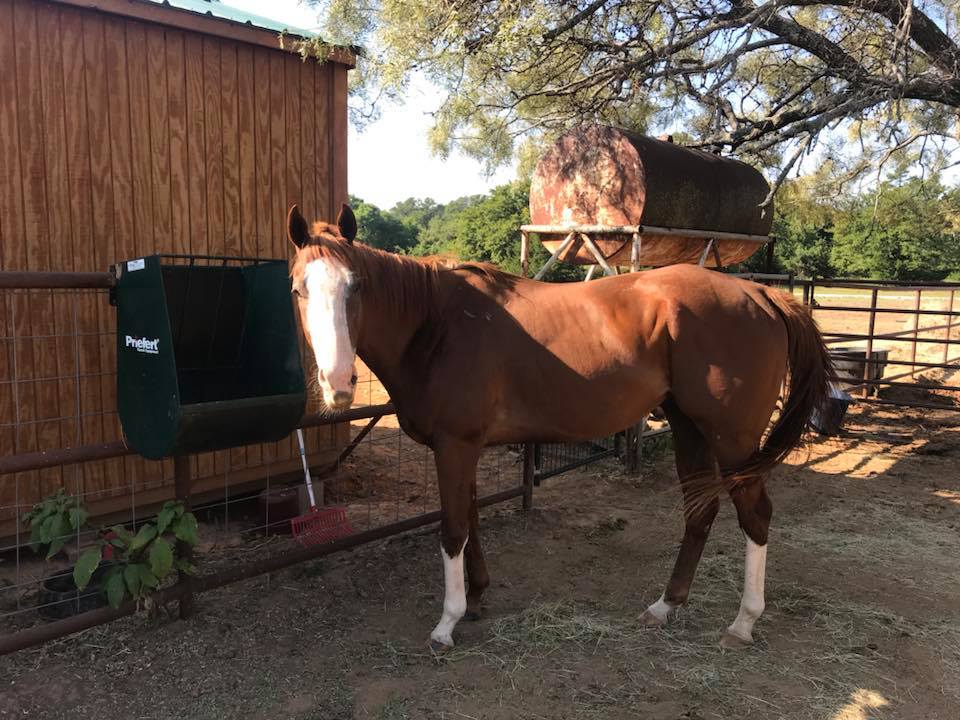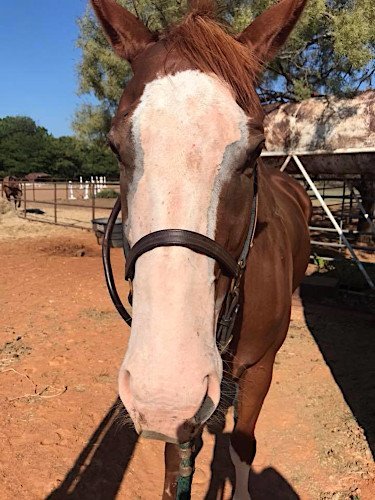
Zinc is commonly found in household products such as:
- Skin creams (diaper rash cream, protective ointments, sunscreens, etc.), shampoos, deodorants,
- U.S. pennies (Did you know pennies minted after 1982 are 97.5% zinc),
- Some metal nuts, bolts, board game pieces, zippers, toys, jewelry, staples, may contain large amounts of zinc.
How much zinc is to much zinc where it becomes toxic or poisonous to pets?
The amount of zinc that would be considered “too much” depends on a couple of factors – 1) your pet’s size, 2) the form of zinc ingested, and 3) how much was ingested. Certain forms of zinc are more readily absorbed by the body than others. For instance, ingestion of a zinc oxide cream may only cause stomach upset, whereas ingestion of even one penny can cause life-threatening toxicity.
However, certain types of topical medications, which contain zinc oxide (e.g., skin cancer or psoriasis treatments) can be very dangerous – or even deadly – to pets. Call your veterinarian or Pet Poison Helpline if you’re ever unsure.
Pet Poison Helpline (800-213-6680)
“Even one penny can be deadly.”
When you suspect your pet has eaten something containing zinc, do not induce vomiting or give your pet anything to eat or drink unless specifically instructed to do so by your veterinarian or Pet Poison Helpline. Always call for guidance first or you may worsen the problem.
How do I know if my pet ingested zinc? What are the symptoms of poisoning?
- Early on, your pet may start vomiting and seem lethargic (low energy).
- Within a few hours or days, you may see diarrhea, depression, pale or yellow gums (jaundice), dehydration, orange-tinged feces or urine, and/or yellowing of the skin and eyes.
- If zinc poisoning is not treated, it can cause a life-threatening anemia, seizures, kidney and liver damage, heart problems, and even death.
How will my veterinarian diagnose zinc poisoning?
Your veterinarian will make a diagnosis based on symptoms and anything you can tell him about the item or cream your pet ingested. Your veterinarian may also run these tests:
- Blood tests to measure zinc concentrations, check for anemia and other blood problems consistent with zinc poisoning, and liver and/or kidney damage
- A urinalysis to check for the presence of red blood cell pigment or underlying liver or kidney damage
- An X-ray to see if a metal object can be identified
How will my veterinarian treat zinc poisoning in my pet?
Your veterinarian will likely provide one or more of the following treatment approaches, depending on the item ingested and your pet’s clinical signs:
- If the zinc object is still in the stomach, inducing vomiting or retrieving with an endoscope
- Stabilizing your pet with IV fluids to keep the animal hydrated and support the kidneys
- Blood transfusions to treat anemia
- Once stable, immediate removal of the zinc-containing item via endoscopy or surgery
- Medications that protect the gastrointestinal tract
- Antiemetics to stop persistent vomiting
- Other medications to treat high heart rates or seizures
- Rarely, antidotal treatment (chelation) is required
Will my pet be OK if there’s been an episode of zinc poisoning?
Your pet’s outcome will depend on when the symptoms were first noticed, when your veterinarian started treatment, and how well your pet responds to therapy.
The outcome is good if your veterinarian started treatment early and removed the zinc-containing object before any serious signs or organ damage/failure develops.
The outcome is not as good if the signs are severe.




